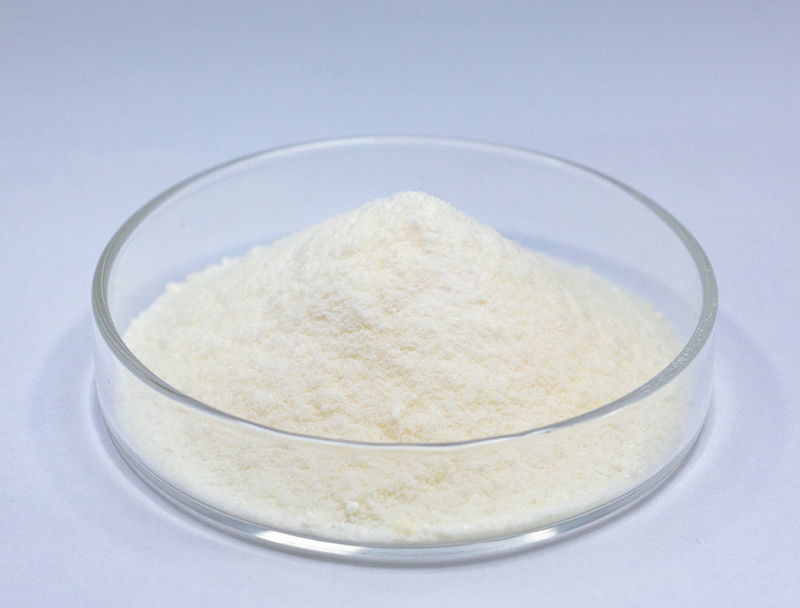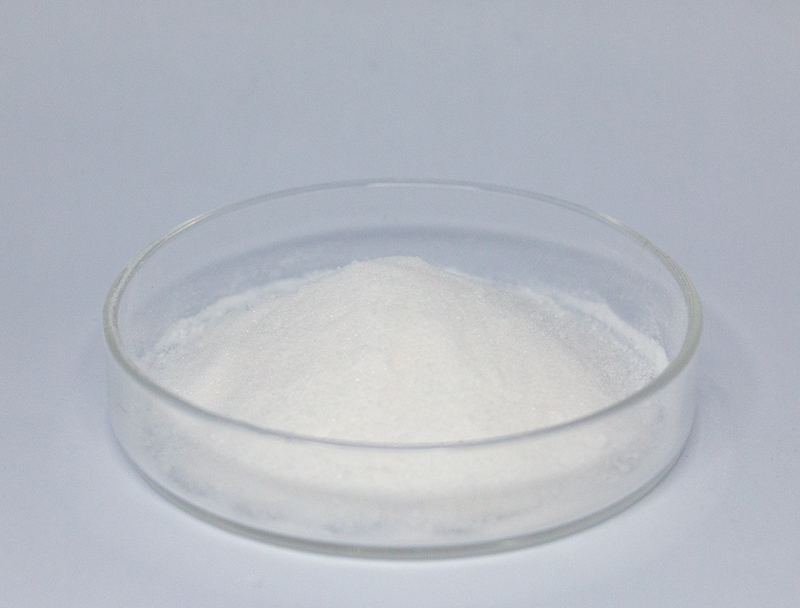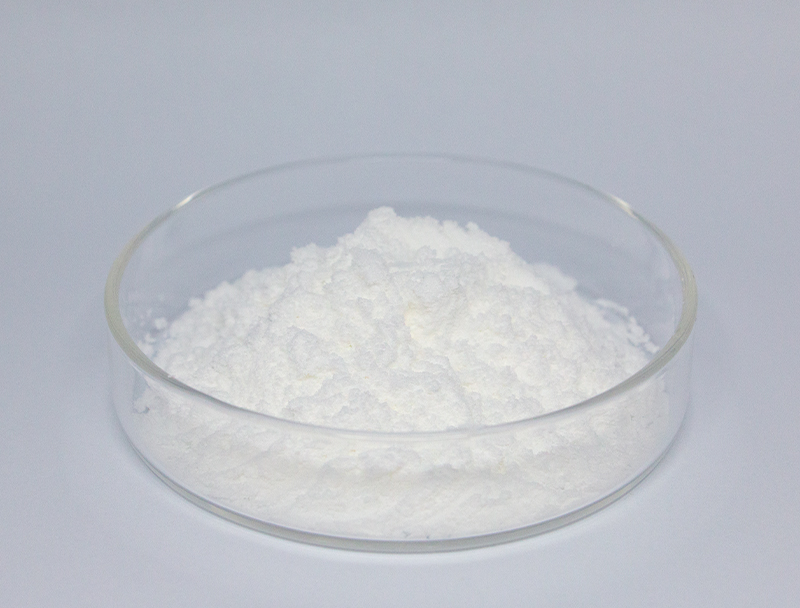
Advanced biosystems are built around a comprehensive selection of raw materials to create novel bio-derived items.
Securing continuous ethical sourcing of resources is vital for future-proofing and moral progress in biomanufacturing.
many concerns related to standard raw input procurement including environmental degradation and exploitation of natural resources. Therefore, producers should prioritize ethical sourcing models to curtail ecological damage.
- Models of sustainable material sourcing include:
- Integrating compostable agricultural waste into supply chains
- Installing reclamation workflows to diminish waste and heighten recovery
- Forging alliances with neighborhood suppliers supporting green sourcing
Moving toward responsible sourcing creates ecological improvements and economic resilience.
Refining Biomass Sources to Enhance Fuel Conversion
Raising biofuel yields involves refining feedstock structure and content. Research teams persist in studying techniques to boost feedstock performance, achieving increased output and long-term energy sustainability. Programs combine genetic improvement for biomass productivity with conversion technologies to access fermentable substrates.
- Furthermore, teams search for alternative biomass sources including algal strains, industrial wastes, and crop leftovers to broaden sustainable feedstock options for fuels.
- Owing to ongoing work the biofuel domain is primed to reach substantial milestones advancing renewable energy adoption.

Enhanced Upstream Strategies for Biopharmaceutical Yield
includes primary operations from inoculation through cell collection Ongoing innovations have accelerated process enhancement leading to greater yields.
Significant developments incorporate advanced biological platforms, tailored medium blends, and precision reactor engineering. These strategies improve manufacturing efficiency and lessen cost and ecological effects.
- Also, evolving practices favor continuous flow processing which supports more agile upstream control.
- This transition to advanced manufacturing techniques is set to transform the sector and accelerate therapeutic timelines.

Gene Editing Breakthroughs That Elevate Biopharma Output
breakthroughs in precise gene modification systems have reshaped biopharma production. By accurate genomic tuning, developers enhance yields of critical biopharmaceuticals. These methods could enable production of accessible and efficient medicines tackling diverse health challenges.
Applying Microbial Tools to Improve Environmental Remediation
advanced microbe-driven remediation methods to treat contaminated sites sustainably. Engineered and natural microbes can attenuate pollutants via metabolic conversion.. Leveraging microbial biotransformation promotes sustainable remediation that curbs industrial environmental impacts.. Study groups probe microbial metabolic diversity to tackle metals, persistent pesticides, and hydrocarbon spills.. These microbes operate in engineered systems or direct environmental applications to metabolize and remove contaminants.
The use of microbial biotechnology in bioremediation offers several advantages over conventional methods. The approach tends to lower treatment costs and avoids producing toxic residuals. Moreover, microbes can be tailored to address specific pollutants with minimal impact on non-target organisms. Ongoing innovation aims to boost the throughput and efficacy of microbe-driven remediation approaches.
The Role of Bioinformatics in Drug Discovery and Development
Computational tools have grown indispensable in the current drug discovery landscape. From identifying potential drug candidates to optimizing their efficacy and safety, bioinformatics enables a more efficient and data-driven approach.
- Via examination of genomic, proteomic, and clinical datasets, researchers pinpoint targets and project drug activity.
- Furthermore, computational modeling of drug–target interactions aids rational design of higher-performing therapeutics.
- Finally, data-driven informatics is changing drug development and hastening patient access to effective therapies.
Optimizing Metabolism to Increase Bioproduct Production
adopts varied approaches to raise biosynthetic yields of beneficial compounds. Methods might combine targeted gene changes to rechannel flux, regulatory element design to control expression, and exogenous gene introduction to provide fresh capabilities.. Through strategic metabolic edits practitioners can markedly increase the synthesis of target products.
This multifaceted approach has the potential to revolutionize a broad range of industries, including biopharmaceuticals, agriculture, and bioenergy.

Industrializing Biopharmaceuticals: Risks and Rewards
Commercializing biopharma production involves significant constraints and promising benefits. Sustaining uniform quality across expanded production capacity is a principal challenge. Managing it necessitates robust automation, high-fidelity monitoring, and powerful analytical capabilities.

The multi-faceted nature of production steps adds complexity to scaling efforts. Reengineering workflows for mass production involves rigorous R&D and inventive technology deployment.. Yet, the returns can be substantial. Well-executed upscaling can improve therapy access, decrease costs, and enhance economic performance.
Numerous initiatives aim to tackle these scaling challenges. Programs comprise advanced optimization systems, real-time process monitoring tools, and innovative production strategies.
- Product development and process R&D are pivotal to boosting production capabilities.
- Oversight institutions are updating guidelines to ease approval of manufacturing advances and catalyze innovation.
Regulatory Considerations to Maintain Biopharmaceutical Safety and Performance
Bringing biologics to market involves rigorous regulation designed to protect patients and confirm therapeutic benefit. Biologically derived medicines entail particular manufacturing and regulatory complexities compared with chemical drugs.
Authorities including the FDA and EMA implement guidelines and thresholds to assess and approve novel biologic products.
Thorough testing frameworks are compulsory during all stages of development including after market release.. The measures work to spot potential hazards and validate that therapies reach demanding safety levels..
Concurrently, regulatory organizations fine-tune methods to remain compatible with quick scientific advancements. Programs embrace modern technologies and foster development speed while maintaining patient-centered safeguards.

Assessing Plant Biomass Pathways for Bioplastic Innovation
The growing need for sustainable materials has led to a surge in research and development of renewable options. Among these, bioplastics, produced from plant-derived biomass feedstocks, offer a promising avenue towards a greener future. Materials β-Nicotinamide Mononucleotide such as starch from corn, cellulose pulp, and sugarcane biomass are convertible into biodegradable polymers that lower plastic waste concerns.
Concurrently, several bioplastic formulations approximate conventional plastic traits and serve wide-ranging applications. Continued research and innovation in this field are crucial to unlocking the full potential of plant-based biomass feedstocks in the manufacture of sustainable bioplastics, paving the way for a circular economy.
This Emerging Impact on Public Health and Food Systems
Biotechnology offers potent solutions for advancing public health and enhancing food security. Using genome engineering, synthetic biology techniques, and cell-based treatments, innovators devise ways to tackle pathogens, amplify yields, and improve nutrition.. One example is bioengineered crops that withstand pests and stressors, enabling higher yields with less pesticide input.. Additionally, biotech enables faster vaccine development, novel antimicrobials, and precise diagnostics critical to infectious disease control and health improvement.. Continued scientific progress suggests biotechnology will increasingly underpin healthier, more sustainable societies worldwide.
 2-Ketoglutaric acid
2-Ketoglutaric acid